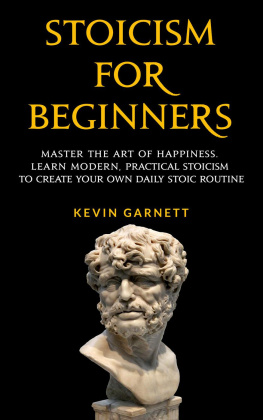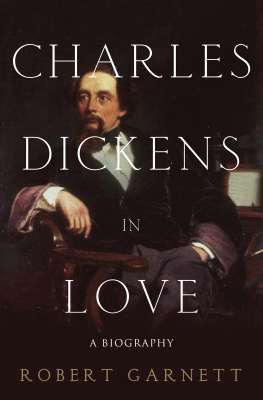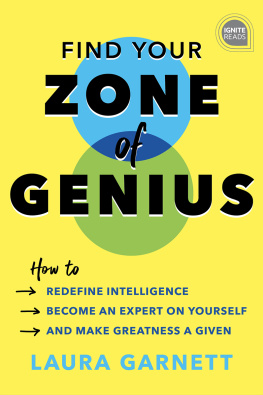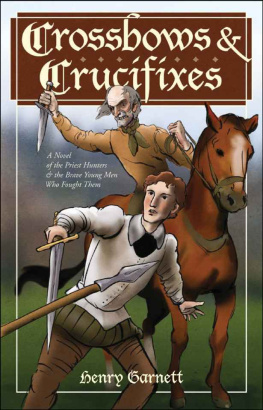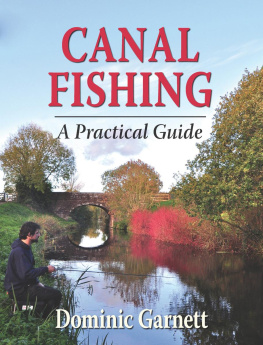BLOOMSBURYS OUTSIDER
A Life of David Garnett
SARAH KNIGHTS

For Tony and Rafael
Contents
Part 1
Constance
Alas and alack, I have married a Black.
Oh damn it, oh darn it, I have married a Garnett.
This interchange between Constance (ne Black) and Edward Garnett, David Garnetts parents, was more than affectionate banter. They both believed there was such a thing as a Black or a Garnett with definable characteristics. David remarked: My father believes in heredity and has a passion for explaining people by their grandparents. Thats the old Willoughby horse-thief strain coming out in her, he will say [] when some female guest has walked off with a book.rationalism was acquired from the Scottish Blacks.
Like Edward and Constance, David considered himself a congenital outsider, attracted to experimental living, to life beyond the mainstream. He liked to define himself in terms of genetic inheritance and evolution: nature as opposed to nurture. Darwinism was a highly convenient belief system, rational and scientific, and if one had inherited certain surviving characteristics, then good or bad, one couldnt do much about them. Although David despised organised religion and did not believe in any afterlife in the religious sense, he did believe there was another kind of life after death:
We have reason to believe that every living creature is a fresh permutation of ancestral genes which determine its individuality. Half of the possible genes are passed on to the new individual from each parent, half are discarded. The heredity constitution which results is infinitely more important than education or experience.
Thus Davids forebears were a source of considerable pride. His mothers paternal grandfather, in particular, was much admired. Born in Scotland in 1788 to a family of fishermen, Peter Black commanded the first regular steam-packet to St Petersburg, built two steamships which sailed between Lbeck and St Petersburg, and was to embark on a career in the Russian navy when he died in 1831. Constance was the daughter of his son, David Black, a dour Brighton solicitor, who had married Clara Patten, a sweet-natured and well-read young woman. The sixth of their eight children, Constance was born in 1861.
Constance gained the equivalent of a First in Classics from Newnham College, Cambridge in 1883 (when women were not formally awarded degrees). She was extremely literal, firm in her convictions, independent and adventurous; she disliked luxury or ostentation and loved the countryside. An active Fabian, she narrowly avoided being proposed to by George Bernard Shaw, who was at the time too poor to marry.
David also inherited many Garnett characteristics, the most obvious being his grandfathers slow, deliberate vocal delivery. Dr Richard Garnett was the grandson of a Yorkshire paper manufacturer and son of the Reverend Richard Garnett, philologist, who in 1838 became Assistant Keeper of Printed Books at the British Museum. Despite an almost complete lack of formal education, Dr Richard Garnett (as he was called to distinguish him from his father) was a considerable scholar; he became Superintendent of the Reading Room in the British Museum, contributed significantly to the Dictionary of National Biography, and his poem Where Corals Lie was set to music by Elgar. He is best remembered for Twilight of the Gods, tales of pagan fantasy imbued with dry humour. Such was Dr Garnetts stature that his obituary in The New York Times stated: No one was better known to the English writing world.
Six years younger than Constance, Edward was born in 1868, and with his five surviving siblings, was raised in an atmosphere of Victorian respectability combined with complete liberality of opinion. Edward was a tall, lanky, curly haired man who loved to tease and was always amused by anyone taking themselves too seriously.
Far from being a stereotypical Victorian couple, Constance and Edward lived together before their marriage in 1889. David felt no need to rebel against his parents: he had no reason to counter Victorian mores because they had done it for him. Instead, he felt immensely grateful to them not only for bestowing upon him what he believed to be their innately remarkable qualities and values, but for giving him unconditional freedom and love. I was lucky enough, he commented, to find very little in my parents beliefs which I had to jettison.
Edward early revealed his metier as an exemplary and inspirational publishers reader. His grandson Richard (who knew him) considered Edward a congenital outsider, never accepting received opinions and original in all his literary judgements. As his career progressed, Edwards discernment and advice was invaluable to many talented writers, including D.H. Lawrence, Joseph Conrad, John Galsworthy, W.B. Yeats and H.E. Bates.
While Edward worked in London, Constance remained in the country at Henhurst Cross near Dorking in Surrey. There she began to learn Russian, inspired in this endeavour by her friend Felix Volkhovsky, the Russian revolutionary and man of letters. From these beginnings Constance launched a distinguished career translating Russian literary classics into the English language.
Constance worked at Russian throughout her pregnancy. From her parents house in Brighton where she had temporarily moved to be attended by the family doctor, she wrote to Edward in February 1892 expressing her hope that the child would be free from Black coldness and Northern Garnett obstinacy. Instead she wanted him (for she seemed certain it would be a boy) to be a warm-blooded impulsive romantic independent muddle-headed boy full of spirits and sympathetic nearly all his father with only the smallest grain of his mother.
David Garnett was born on 9 March following a long labour and difficult delivery in which chloroform and forceps were employed. He was a large baby, weighing 9 pounds. The nurse commented: Ive known bigger babies & prettier babies, but never such a cute one, as soon as he was born he lifted up his head & looked about him. Dr Richard Garnett (who wrote about astrology under the anagrammatic pseudonym A.G. Trent) lost little time in commissioning a horoscope for his grandson. It recommended that David should refrain from public life, live in Brighton and take as an occupation something relating to the sea. It did not, however, predict his life-long sea-sickness.
Edwards sister Olive Garnett declared her nephew a pretty little fellow & very manly []. He has the most innocent and
The infant David liked to tease, alarming Constance by pretending to pick up a pin and clench it in his fist. She tried to make him relinquish it, only to find his hand empty. Little David was so enamoured of Randolph Caldecotts illustration of Baby Bunting in his rabbit-skin cap that a rabbit-skin cap was made for him. In consequence, the village boys called him Bunny, and the name stuck. It was used by almost all his friends and relatives, a name which suited him in all stages of his life. Rather than compromising his masculinity and dignity, or infantilising him, it seemed to grow with him, softening his stature, gravitas and occasional pomposity.
On New Years Eve 1893, when Bunny was twenty-one months old, Constance left him in the care of Edwards sister, May, while she travelled to Russia. There were several reasons for this momentous journey, but it stemmed from Constances and Edwards friendship with Sergey Stepniak, to whom they had been introduced by Volkhovsky shortly after Bunnys birth. Having arrived in England in 1884 as a political refugee, in 1890


